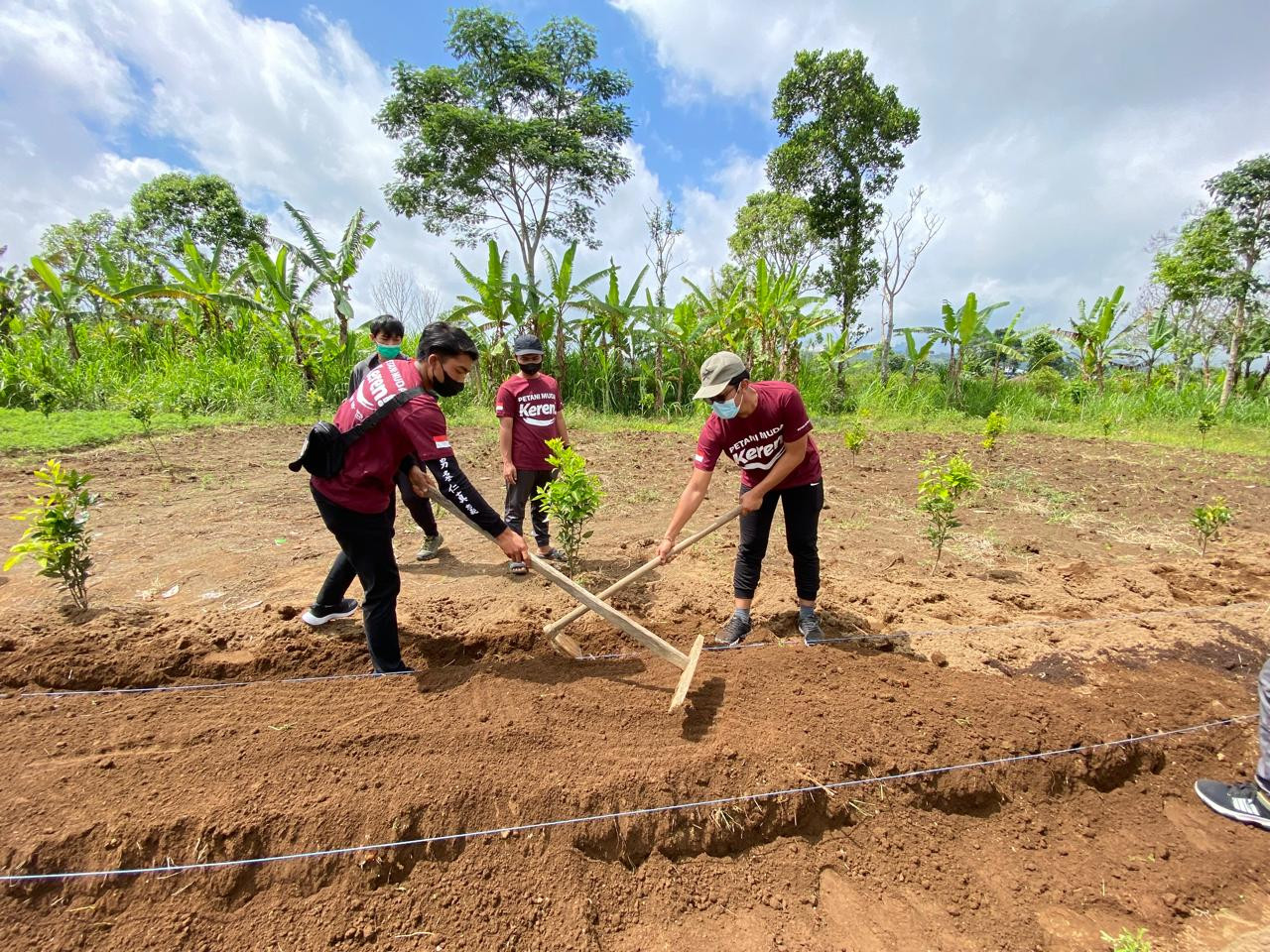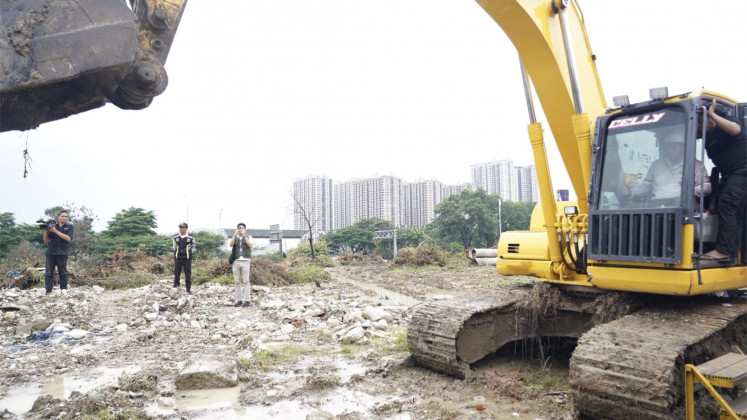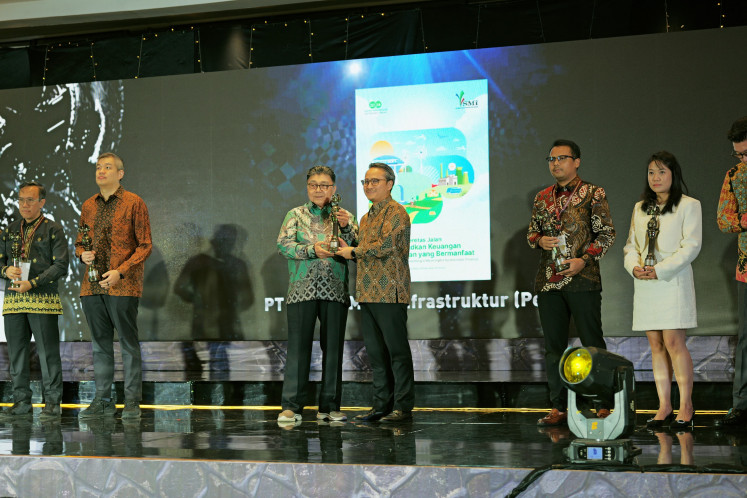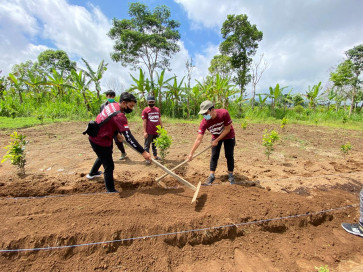Popular Reads
Top Results
Can't find what you're looking for?
View all search resultsPopular Reads
Top Results
Can't find what you're looking for?
View all search resultsBali continues agriculture push on shaky ground
The island province, long known for its sandy beaches, terraced rice farms and unique temple culture, is still struggling to find a way to ramp up its agriculture industry and move away from its reliance on tourism as the key economic contributor.
Change text size
Gift Premium Articles
to Anyone
B
ali seeks to boost agricultural development to reduce the provincial economy’s reliance on tourism, but the island’s farmers face hurdles in upping their game.
The regional administration has outlined agriculture and food security as a priority in its 2025-2030 development strategy, aligning with President Prabowo Subianto’s goal of national food self-sufficiency.
As part of that effort, the central government signed a memorandum of understanding (MoU) with Singapore on food safety, agricultural technology and capacity building for young farmers on June 16, during the President’s visit to the island state.
Read also: Govt speeds up food self-sufficiency target to 2027
Balinese lawmaker Arya Wedakarna of the Regional Representatives Council (DPD) recently encouraged local youths to shift from tourism to the agriculture industry as part of a wider drive to diversify the province’s economy.
“Bali will have fewer tourists! While we are looking for a solution, we support non-tourism sectors. Let’s switch to agriculture, farming, fishing,” Arya wrote in his Instagram post on June 15. He also highlighted challenges in tourism, such as safety concerns at several destinations and layoffs in the hospitality industry.
While the Bali administration has long pushed to develop agriculture in the island province, it still struggles to strike a balance between agriculture and tourism.


















